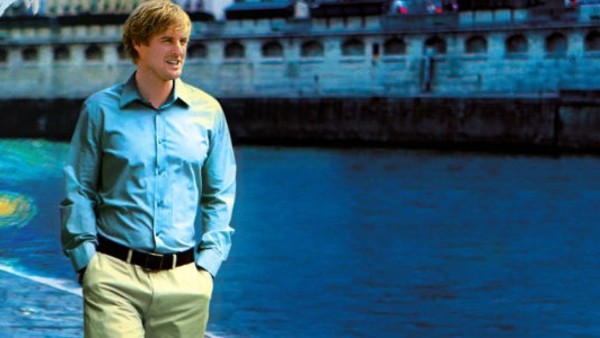10 Movie Messages Everybody Misunderstood
4. Nostalgia Is Dangerous - Midnight In Paris

What Everybody Thinks
Midnight in Paris is easily one of Woody Allen's best movies from the last 20 years, following ennui-laden screenwriter Gil (Owen Wilson), who travels back in time every midnight while struggling to confront his present relationship woes.
When the film was first released, many critics wrote of it being a "love letter" to the past, what with its gorgeous period details and pithy "cameos" from real-life artists - perhaps most memorably Corey Stoll as Ernest Hemingway.
Many viewers seemingly checked out long before the movie ended, then, opting to take its initially dew-eyed view of the past at face value, pondering how lovely it'd be to travel back to a simpler time while patently ignoring Allen's critique of such nostalgic pining.
The Real Message
Indeed, Allen's film is actually very much concerned with the dangerous pull of nostalgia, given that fondness for the past is relative, and there's no true "Golden Age" to discover.
Quite brilliantly, the film concedes that humans have a tendency to rubbish the present at the expense of an idealised past.
Take our own present, for instance, where no matter how horrendous the present global political climate might seem, the vast majority of humans are safer than they have ever been, and yearning for a "better time" is simply illusory.
This concept is quite literally verbalised by Michael Sheen's Paul during the film, as he says, "Nostalgia is denial - denial of the painful present." That Paul is also a bit of a pretentious toff probably didn't help endear that message to much of the audience, though.
But living as we do in an era of entertainment that seems more content to dine out on nostalgia than ever before, Allen's sharp rejection of soppy clambering for a non-existent past couldn't be much more welcome.